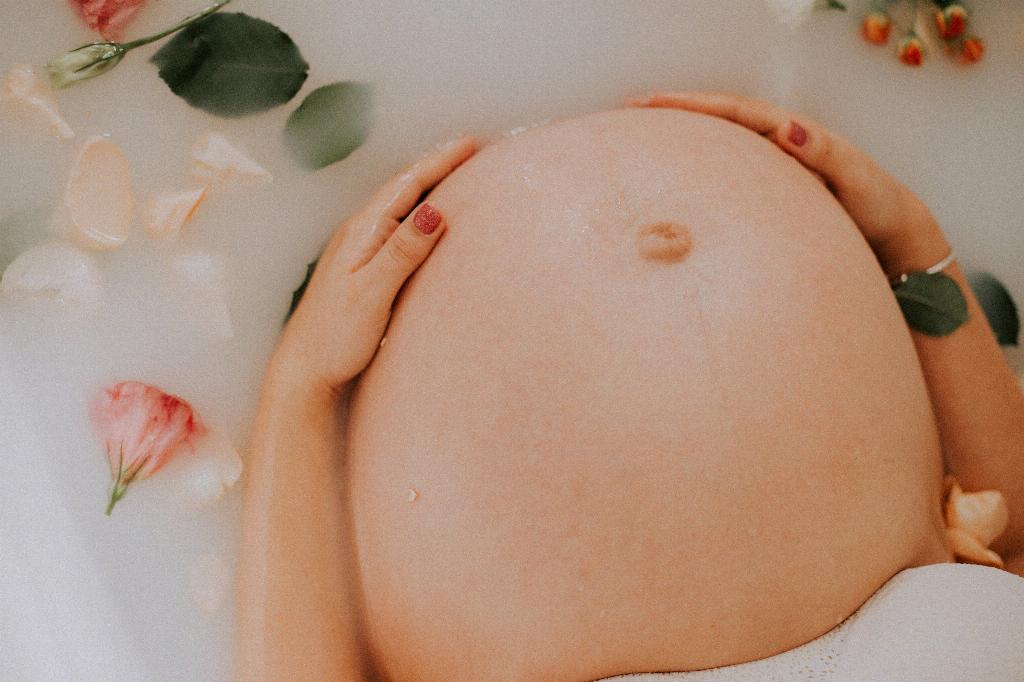Expecting a child is a whirlwind of emotions and physical changes. Many women experience a range of unique symptoms during pregnancy, one of which is heart palpitations. The question often arises: Are heart palpitations normal in pregnancy? Let’s delve into this topic and shed light on this common occurrence.
Exploring the Frequency of Heart Palpitations
It’s essential to note that heart palpitations during pregnancy are not uncommon. In fact, they are quite prevalent, particularly as individuals progress into the third trimester. This increase in heart palpitations can be attributed to the growing fetus’s demand for more blood to nurture its development.
The Role of Hormonal Changes
Fluctuations in hormone levels play a significant role in triggering heart palpitations during pregnancy. The surge in hormones, such as progesterone, can lead to an accelerated heart rate and palpitations. These hormonal shifts are a natural part of the pregnancy journey and contribute to various physiological changes.
Physiological Impact of Pregnancy
The body undergoes remarkable transformations during pregnancy to support the growing fetus. As the cardiovascular system adapts to meet the increasing blood flow demands, palpitations may occur as a result of the heart working harder to circulate blood efficiently. This heightened activity can manifest as palpitations for some expectant mothers.
Embracing the Changes in Blood Volume
One of the pivotal changes during pregnancy is the rise in blood volume to sustain both the mother and the developing baby. This expanded blood circulation, coupled with the heart’s need to pump more blood, can lead to palpitations as the heart adjusts to meet the heightened demands of pregnancy. These palpitations are often transient and typically resolve on their own.
Understanding the Impact of Physical Activity
Engaging in physical activity is vital for overall health and well-being during pregnancy. However, strenuous exercise or sudden movements can occasionally trigger heart palpitations in some individuals. It is crucial to listen to your body and avoid overexertion to minimize the likelihood of palpitations occurring during workouts.
Stress and Anxiety Factors
Pregnancy is a time of significant emotional changes, and feelings of stress and anxiety are not uncommon. These psychological factors can influence heart rhythm and potentially lead to palpitations in pregnant women. Managing stress through relaxation techniques and mindfulness can help alleviate palpitations associated with emotional distress.
Monitoring Heart Health
While occasional heart palpitations are a common occurrence in pregnancy, it is essential to monitor your heart health and seek medical advice if you experience persistent or severe palpitations. Your healthcare provider can perform evaluations to ensure that the palpitations are not indicative of an underlying cardiac condition.
Practicing Self-Care
Self-care plays a crucial role in maintaining optimum health during pregnancy. Adequate rest, hydration, and nutritious diet can support the cardiovascular system and reduce the likelihood of experiencing palpitations. Prioritizing self-care practices can contribute to a smoother pregnancy journey.
Seeking Medical Guidance
If you have concerns about heart palpitations during pregnancy, do not hesitate to consult with your medical practitioner. Open communication with your healthcare provider can offer reassurance and guidance on managing palpitations effectively. Your well-being and that of your baby are the top priorities during this transformative time.
Embracing the Pregnancy Journey
Every pregnancy is unique, and each expectant mother may encounter distinct challenges along the way. Heart palpitations, while common, can vary in intensity and frequency. By staying informed, seeking support, and prioritizing self-care, you can navigate the ups and downs of pregnancy with confidence and reassurance.
Final Thoughts
In conclusion, heart palpitations are a prevalent occurrence during pregnancy, attributed to a combination of physiological changes, hormonal fluctuations, and increased blood volume. While often benign, it is essential to stay attuned to your body’s signals and consult with your healthcare provider if you have concerns. By embracing the journey of pregnancy with mindfulness and self-care, you can nurture a healthy and fulfilling experience for both you and your baby.

